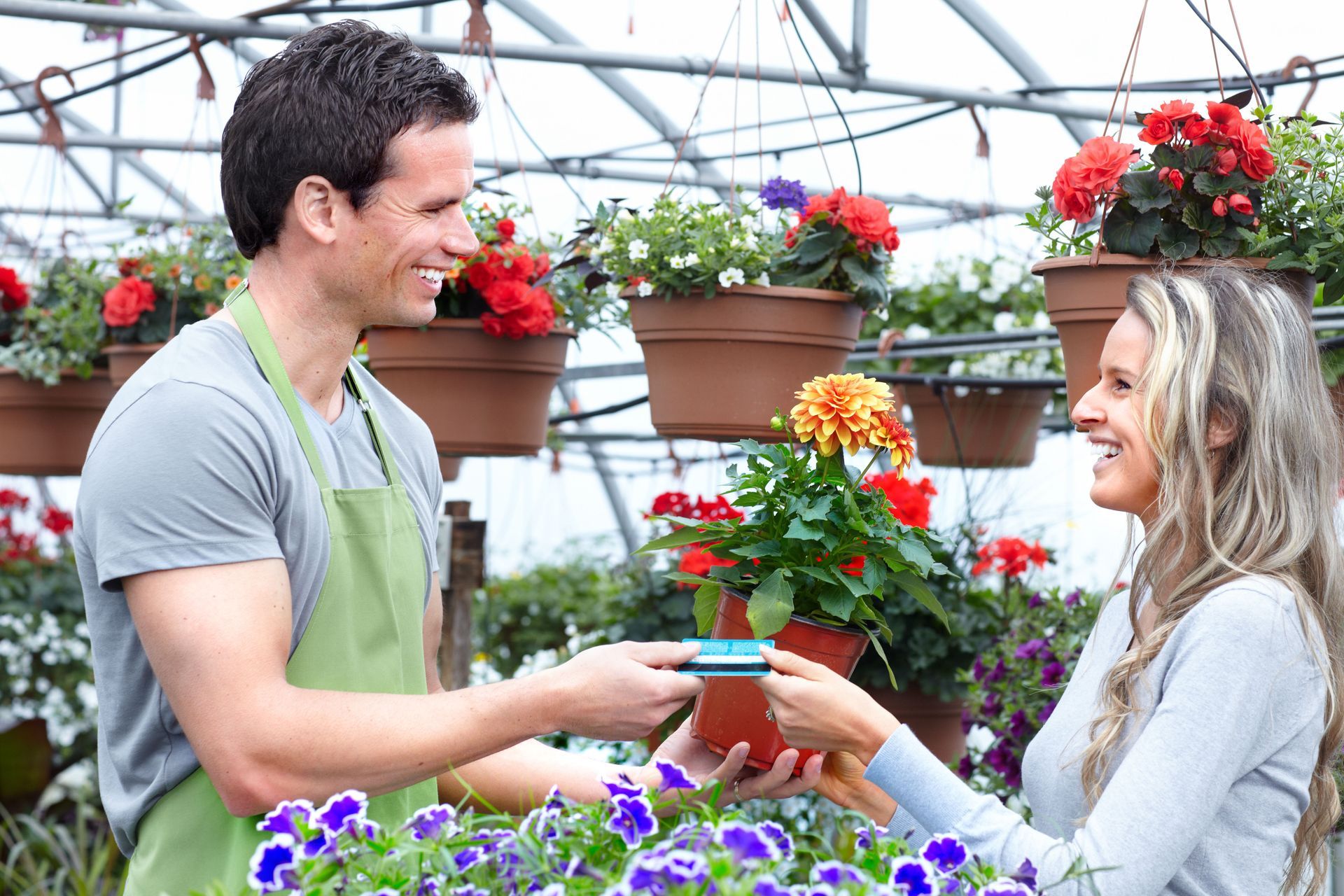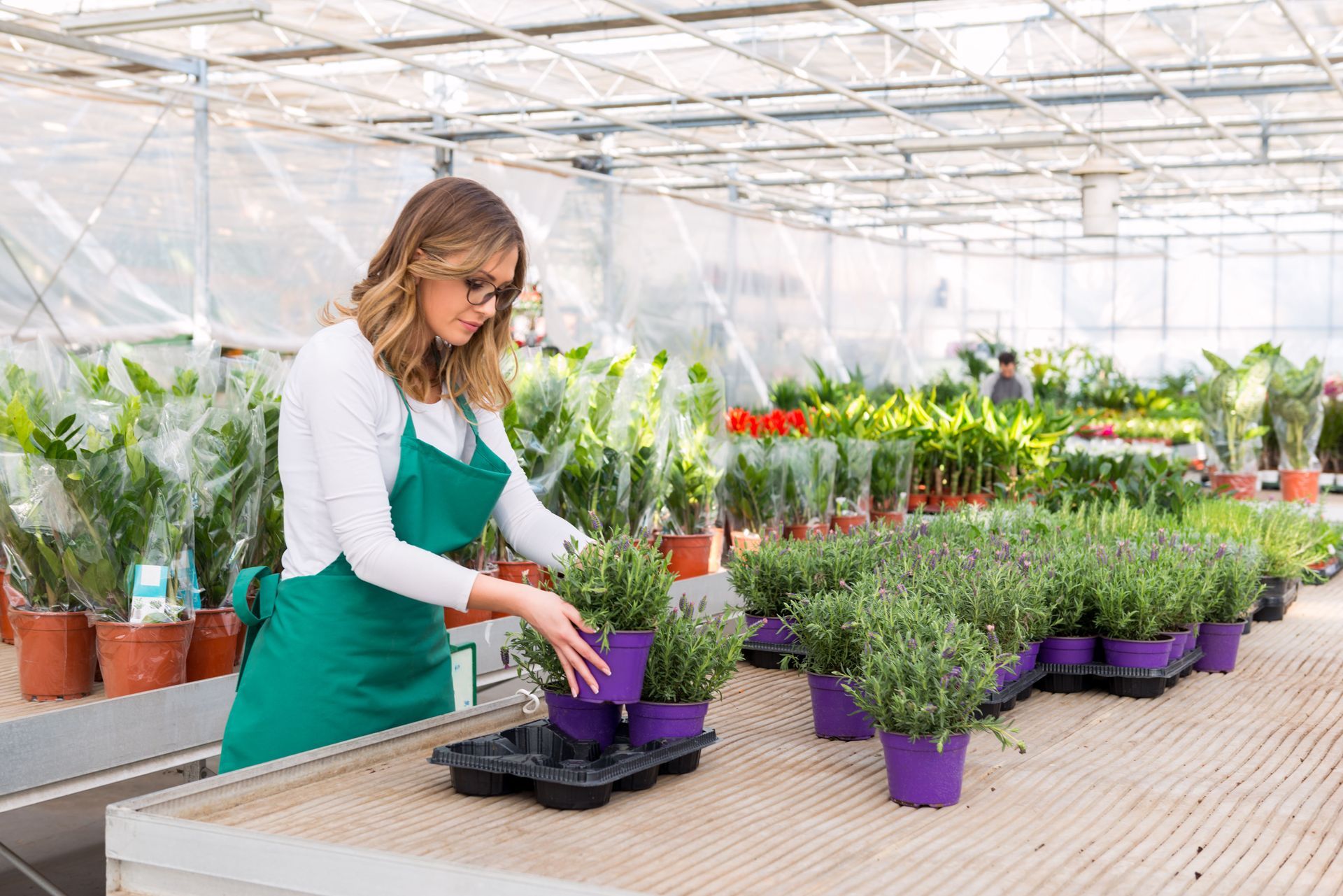November 21, 2025
Plant nurseries play a pivotal role in local communities by offering crucial environmental, economic, and educational benefits. They represent a move towards sustainable living, providing a platform for individuals to make conscious choices. Supporting a local plant nursery means investing in the community's ecological health and economic vitality.
1. Enhancing Plant Quality
Local nurseries excel in offering plants that are well-suited to the native climate, resulting in healthier, more robust plants. These nurseries cultivate their plants with the local climate in mind, ensuring that they thrive in their surrounding environment. This local adaptation significantly reduces the amount of stress plants undergo when being transplanted to new locations. Moreover, local nurseries provide plants with the necessary care and attention required for optimal growth. This attention to detail ensures a higher quality and healthier plant than those found in larger chain stores.
Personalized care and attention are staples at local plant nurseries, where every plant is given the necessary conditions to flourish. Typically, local nursery staff are avid plant enthusiasts, well-versed in the specifics of plant maintenance. Their hands-on approach guarantees that the plants are nurtured to the highest standards, promoting quality and durability. Additionally, local nurseries often engage in regular health monitoring, promptly addressing any issues that arise. Such meticulous care provides consumers with plants that promise longevity and health.
Employing specialists who possess expertise in native plant species is another advantage of buying from a local plant nursery. These experts understand the intricacies of regional flora, offering invaluable advice on the best plant choices for specific needs. Additionally, the reduced transportation distance from nursery to consumer minimizes plant stress significantly. According to the National Citrus Nursery Association (2025), more than 60% of nursery operators are extremely worried about uncertified plants being sold online—a practice that local nurseries counteract by offering distinct, high-quality stock. Therefore, local nurseries ensure plants arrive at their new homes in optimal condition.
2. Offering Expert Guidance and Knowledge
Local nurseries offer access to skilled horticulturists who can provide invaluable guidance. These professionals are knowledgeable about a wide range of plant-related topics, ready to offer personalized advice. Whether it’s tips on soil composition or pest management, nursery staff are a rich resource for plant enthusiasts. Their expertise often extends to creating optimal conditions for plant growth, ensuring their customers’ gardening success.
Customized plant care advice is another compelling reason to purchase from local nurseries. Unlike large chain stores, where generalized care instructions are the norm, small nurseries provide tailored guidance. This personalization is key to ensuring that plant care aligns with specific environmental conditions and individual needs. Local nursery staff can offer immediate solutions to plant problems before they escalate, which is pivotal in promoting plant health.
A local plant nursery often hosts workshops and educational resources that equip the community with gardening skills. These initiatives help foster a closer relationship with nature, imparting practical knowledge that can be applied in personal gardens. Workshops can cover a broad range of topics, from beginner gardening tips to advanced botanical science. Additionally, nurseries provide design and landscaping tips that can transform ordinary gardens into stunning landscapes.
3. Contributing to the Local Economy
Supporting small businesses like a local plant nursery is a key contributor to strengthening the local economy. When consumers purchase plants from these establishments, they directly impact the financial health of their community. This patronage fosters economic independence, reducing reliance on larger, non-local gardening chains. Furthermore, it enhances community identity and pride, a vital aspect of cultivating robust local economies.
Local nurseries are notable for generating employment opportunities within the community. Typically, these jobs cater to diverse interests and skill levels, ranging from horticultural experts to entry-level customer service roles. This diversity promotes widespread economic participation, benefiting local families by providing stable job opportunities. Moreover, nurseries encourage local suppliers by sourcing their products within the community, reinforcing economic interdependence. This dynamic creates a virtuous cycle of economic growth and stability, enhancing community resilience in uncertain times.
Encouraging local suppliers strengthens economic circulation within the community, promoting sustainability and resilience. By sourcing from local producers, nurseries reduce the demand for imported goods, shrinking the community's carbon footprint. Building community relationships is another critical role played by local nurseries, which often serve as gathering places for plant enthusiasts. These interactions cultivate a sense of belonging and encourage the sharing of resources and knowledge.
4. Promoting Environmental and Sustainability Benefits
The promotion of biodiversity is a significant environmental advantage provided by local nurseries. By offering a wide variety of plant species, these establishments enhance the ecological tapestry. This diversification is vital during a time when monoculture practices in large-scale agriculture threaten biodiversity. Local nurseries often implement organic and sustainable practices that minimize the use of harmful chemicals, promoting soil health and water conservation. Consequently, supporting local nurseries translates into a more biodiverse and healthier environment.
Local plant nurseries inherently possess a reduced carbon footprint due to their focus on local flora and reduced transportation needs. Encouraging the conservation of local flora aligns closely with ecological preservation efforts. By fostering ecosystems composed of native plant species, local nurseries help sustain habitats for local wildlife. Educational outreach on eco-friendly practices is another valuable service local nurseries offer the community. By providing this knowledge, nursery staff empower community members to adopt sustainable practices in their personal gardens.
Conservation efforts by local nurseries extend beyond native flora, encompassing a holistic approach to environmental stewardship. Educational programs often emphasize the importance of protecting natural resources, promoting resource-conscious habits that can have lasting impacts. Moreover, by leveraging their direct consumer interactions, nurseries inspire changes that promote sustainability on a larger scale. Local nurseries strive for a balance between business success and environmental preservation, culminating in a legacy of stewardship. These concerted efforts create a ripple effect throughout the community, fostering a shared responsibility for ecological well-being.
5. Offering a Unique and Diverse Plant Selection
One of the standout features of local nurseries is their exposure to rare and unusual plant species. Unlike generic plant chains, local nurseries often stock a unique selection, catering to specialized gardeners and plant collectors. This diverse inventory not only attracts seasoned horticulturists but also inspires novice gardeners to explore new additions to their plant palette. These offerings are frequently tailored to local conditions, ensuring that plants can thrive in the consumer’s specific environment.
The ability to access hard-to-find plants marks a significant advantage of shopping at local nurseries. Many nurseries establish relationships with niche suppliers and enthusiasts, enabling them to fulfill special requests. This accessibility encourages a dynamic exchange of plant species, diversifying local flora. Seasonal availability and freshness are additional perks, allowing customers to purchase plants in their prime, free from undue storing stress.
Opportunities for plant exchange and trading within local nurseries create an enriching and collaborative community atmosphere. These exchanges promote biodiversity and community engagement, offering unique opportunities for connection among enthusiasts. Often, nurseries host plant trade events where gardeners can share their botanical bounty and seek new varieties. This reciprocal relationship extends to the sharing of knowledge, establishing local nurseries as vibrant hubs of community interaction.
Buying from local plant nurseries greatly enhances community wellbeing by supporting the economy, ensuring quality plant products, and promoting sustainable practices. These establishments distinguish themselves from larger chains by offering personalized service, expert guidance, and unique plant selections. If you are considering buying from a local plant nursery, contact Huck's Home & Garden today to learn more!
















